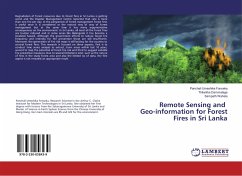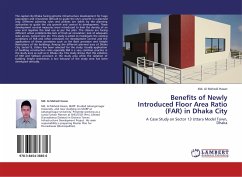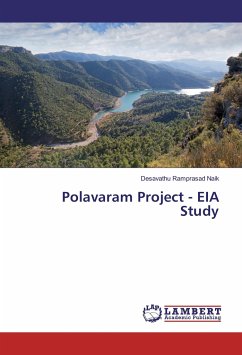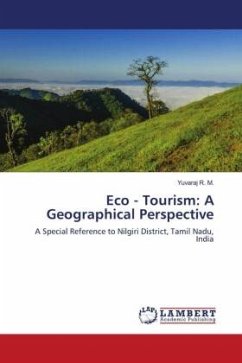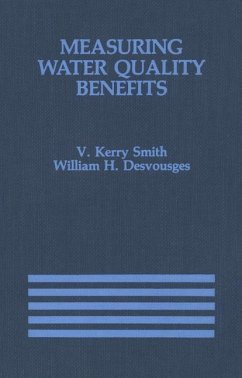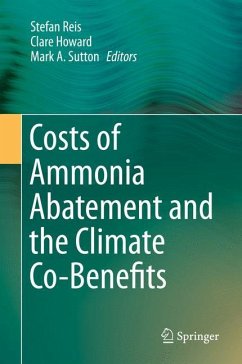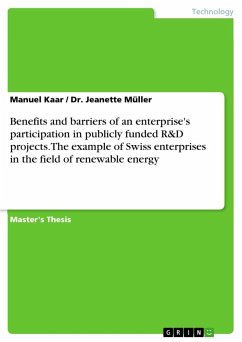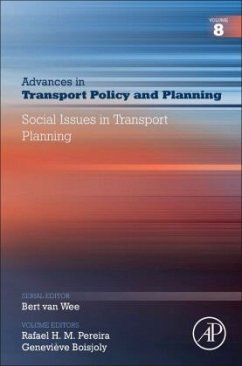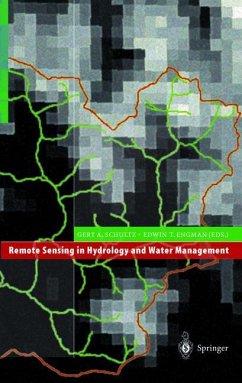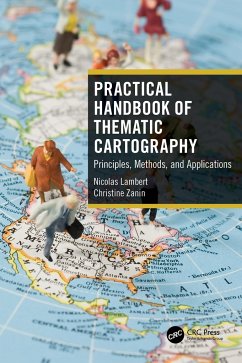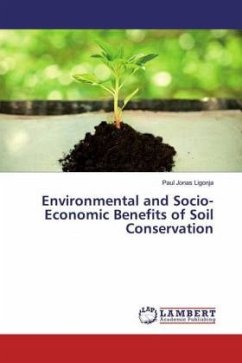
Environmental and Socio-Economic Benefits of Soil Conservation
Versandkostenfrei!
Versandfertig in 6-10 Tagen
51,99 €
inkl. MwSt.

PAYBACK Punkte
26 °P sammeln!
Land degradation has continued to be a major development problem in developing countries despite considerable conservation investments. This study assessed the benefits of soil conservation in Kondoa Eroded Area(KEA) in Tanzania where Dodoma region soil conservation project (HADO) was established since 1973. Measures implemented included physical, administrative and biological aspects such as construction of cut off drains; destocking; and tree planting respectively. Methodology used in this study were literature review, questionnaire survey of 10% percent sampled households, direct observatio...
Land degradation has continued to be a major development problem in developing countries despite considerable conservation investments. This study assessed the benefits of soil conservation in Kondoa Eroded Area(KEA) in Tanzania where Dodoma region soil conservation project (HADO) was established since 1973. Measures implemented included physical, administrative and biological aspects such as construction of cut off drains; destocking; and tree planting respectively. Methodology used in this study were literature review, questionnaire survey of 10% percent sampled households, direct observations, key informant interview, land use/cover mapping using Landsat data and GIS and soil erosion derived from Soil Loss Estimation Model for Southern Africa (SLEMSA). Soil map, digital elevation model (DEM), rainfall, field assessments of slope length and land management practices as well as land use/cover data were used as inputs data to predict soil erosion.



